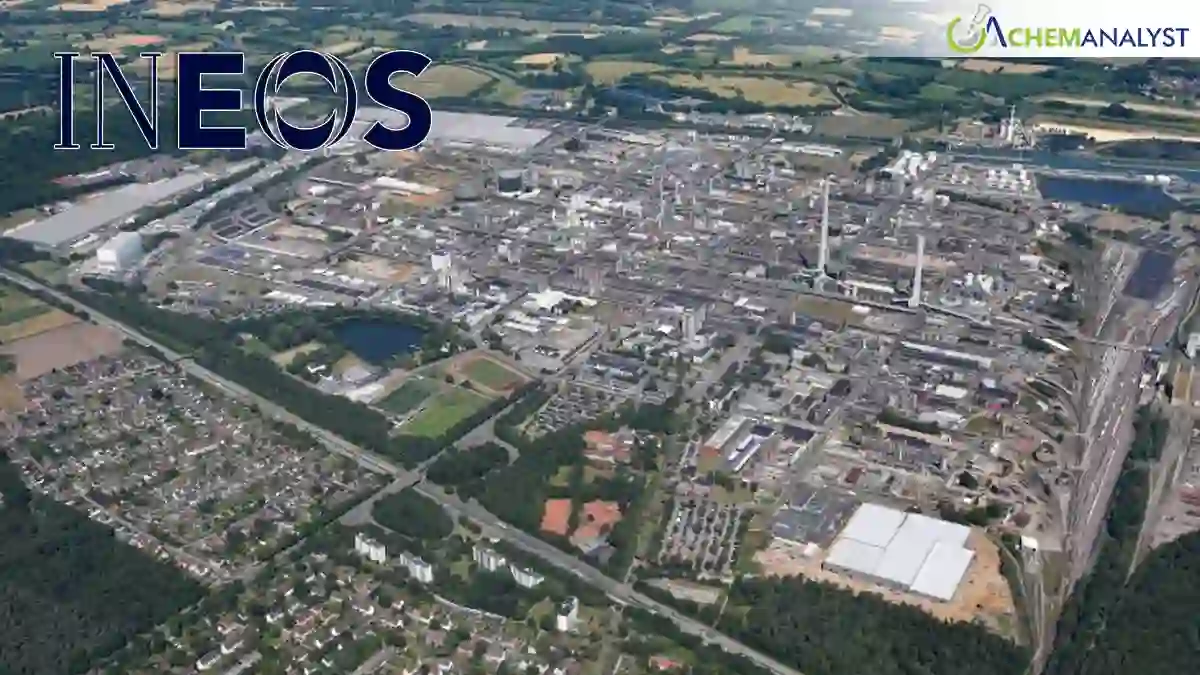Welcome To ChemAnalyst

Europe risks losing domestic medicine production as cheap, carbon-heavy imports from China threaten BDO supply, jobs, and public healthcare.
INEOS has issued a stark warning that Europe risks jeopardizing the production of vital medicines if it continues to allow “carbon-intensive” imports from the Far East to undermine domestic manufacturing. The company has announced that its production of BDO (1,4-Butanediol) at its Marl facility in Germany, a crucial chemical used in the manufacture of essential pharmaceutical products, is under threat. This comes as European producers face an overwhelming influx of cheap foreign imports, including dumped products from China, which are undermining the competitiveness of local operations.
The future of more than 200 skilled manufacturing jobs at the Marl plant is uncertain. Beyond employment, Europe’s capacity to maintain secure and reliable supply chains for strategic products—which are critical to the European standard of living—is at stake. BDO is a key intermediate in the production of life-saving medicines, including antibiotics, antiretrovirals, statins, and Vitamin B6. Its availability is vital not only for industrial production but also for public health.
European production of BDO is collapsing, largely due to the dominance of imports from China’s Xinjiang region. These products are manufactured using coal-based energy, then shipped thousands of kilometers to Europe and sold at extremely low, often unsustainable prices. Their environmental impact is immense, as the carbon footprint accumulates long before they reach European shores. In contrast, INEOS operates one of the world’s cleanest and lowest-carbon BDO plants. Yet, despite these environmentally responsible practices, European producers face punitive carbon taxes and high energy costs—burdens that competitors in other regions do not shoulder.
Without immediate support from European governments and the EU Commission, the Marl facility and its workforce face an uncertain future. Should the plant close, Europe would lose not only its capacity to produce this critical chemical but also the ability to manufacture essential pharmaceutical products domestically. Patients could become entirely dependent on foreign supply chains of unpredictable reliability and quality, potentially rendering life-saving medicines unavailable.
Andrew Brown, CEO of INEOS Enterprises, emphasized the urgency of the situation: "Action is needed now. While countries such as China and the US actively defend and subsidize their industries, Europe risks undermining its own through high energy costs, carbon taxes, and bureaucratic barriers. Without strong and swift trade protections, European production cannot compete against state-backed imports."
Brown added that this issue extends beyond a single product: "Europe must implement rapid, ambitious, and streamlined measures to protect the entire supply chain. Failing to do so will jeopardize the continent’s ability to produce its own medicines and threaten basic healthcare services."
We use cookies to deliver the best possible experience on our website. To learn more, visit our Privacy Policy. By continuing to use this site or by closing this box, you consent to our use of cookies. More info.
